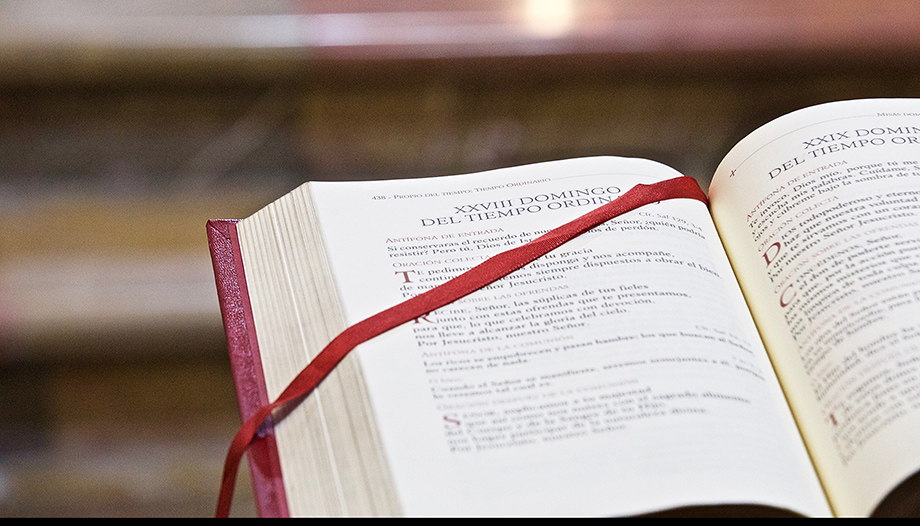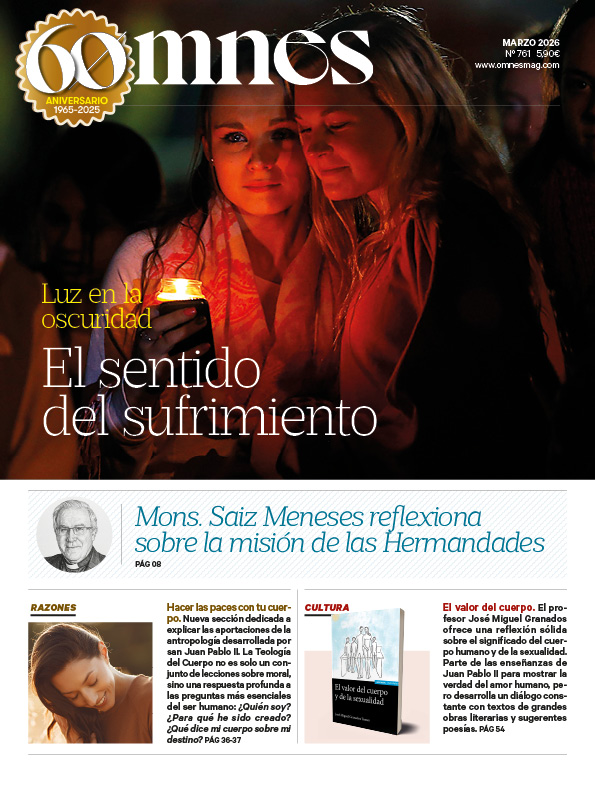We could approach today's Gospel in many ways. The most obvious is that it is a parable about mercy, which we are all called to live. It is shocking that a priest and a Levite, ministers of religion, show no mercy, while the stranger, a Samaritan, hated by the Jews, does. And the Samaritans hated the Jews as much as the Jews hated them. But this Samaritan does not check the identity card of the man in need. What Our Lord means is that mercy has no limits or boundaries. Mercy demands that we go beyond our prejudices, in a sense that we scandalize even ourselves.
But let us focus on what the parable has to say about the Church. As several ancient Church writers taught, Jesus Christ is the true Good Samaritan. We, mankind, are that man attacked by robbers, beaten and left half dead. We were attacked by the devil, Satan, when he made our first parents sin. That sin introduced death into the world. And when we sin, we not only hurt others, we also hurt ourselves. Every sin, especially serious sins, makes us more like that man: wounded, broken, dying.
But Jesus, the divine Samaritan, came to earth. The Old Law, represented by the priest and the Levite, could not help us. It was tied to its own rigid laws and to its narrow fanaticism, which thought that good religion implied excluding people. True religion, true Catholicism, does not consist in excluding people, but in bringing them in, with all their wounds. In fact, we are all wounded, and he who thinks he is not wounded suffers the worst wound of all: the blindness of pride.
Jesus, the Samaritan, meets the man and washes his wounds with wine and oil. This tells us about the sacraments of the Church. The wine suggests the blood of Christ (Jesus turned the wine into his blood). We are washed by his blood, first in Baptism, then in the Eucharist and in Confession. Also in Baptism he begins to anoint us with oil and does so even more in Confirmation. And he takes us to the inn, which is the Church, where we are taken care of. There are good innkeepers, who represent and serve Christ, who take care of us in his apparent absence. "Take care of him."he says, "and whatever you overspend I'll pay you back when I get back.". He tells us all: take care of one another until I come again at the end of time, and I will reward you (see Matthew 25:31-46). In the inn of the Church we are safe: our wounds are healed and we are given the nourishment we need.








